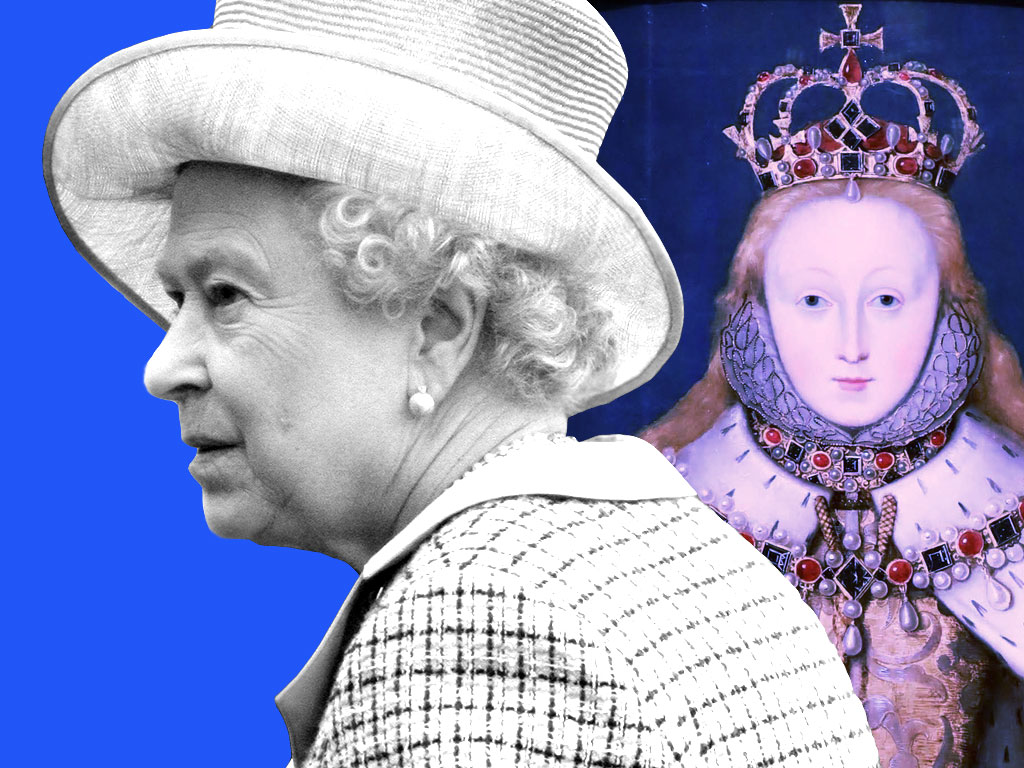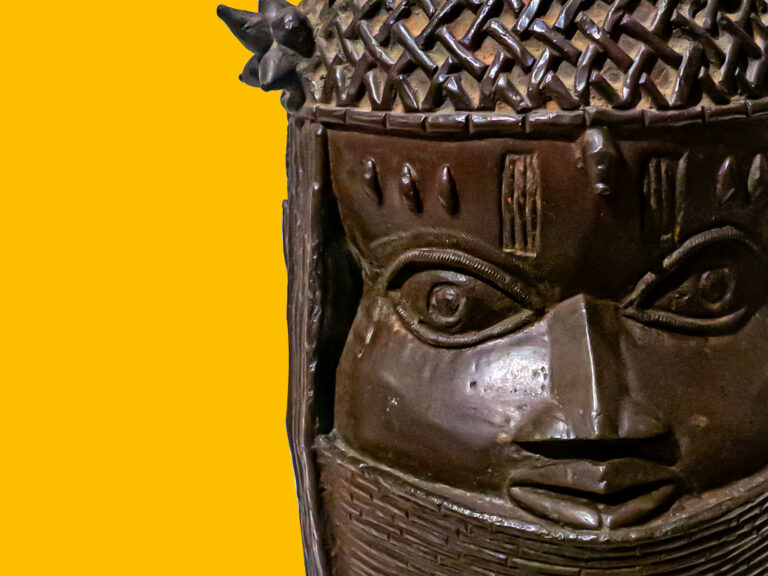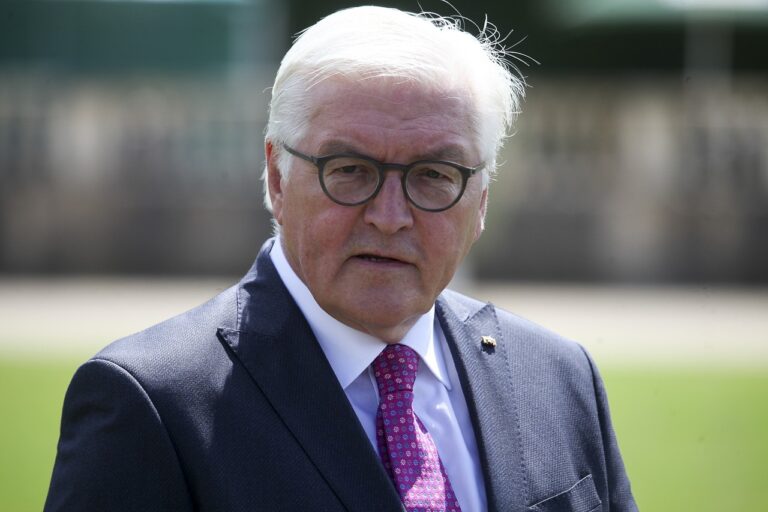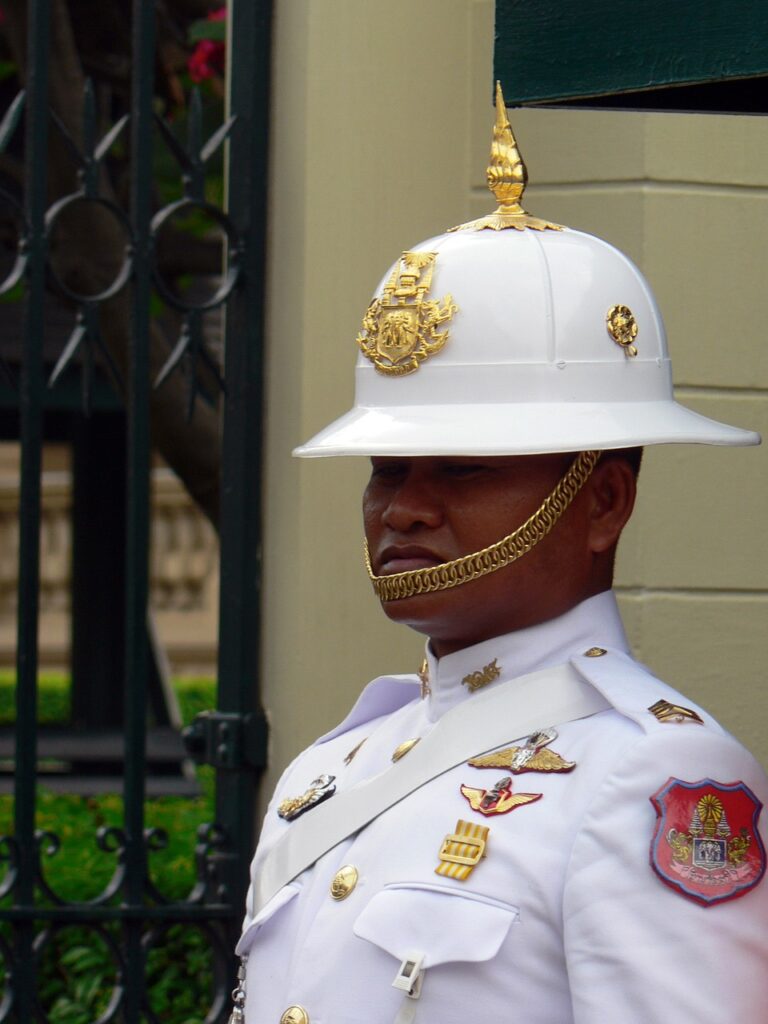Copenhagen, Denmark (TP)
Buckingham Palace is facing new concerns about racist attitudes after an investigation from the Guardian revealed that ‘coloured immigrants or foreigners’ were banned from office roles in the royal household until at least the late 1960s. Papers from the English National Archives show how Buckingham Palace negotiated clauses that exempted the Queen from national laws implemented to fight discrimination based on race or sex.
In the 1960s the UK Government ministers wanted to introduce laws making it illegal to turn down job applicants based on their race or ethnicity. Yet the Queen was exempt from those laws for more than 40 years. When politicians accepted a series of laws to combat discrimination, official documents show that government officials and Queen Elizabeth’s advisers worked together on the wording of the new laws to exempt Buckingham Palace in the 1970s when the initiatives took action.
In 1968 the Queen’s chief financial manager stated that it wasn’t normal practice to appoint coloured immigrants or foreigners to clerical roles at Buckingham Palace, but that they were permitted to work as domestic servants. It is not clear exactly when this practice ended. Buckingham Palace refused to answer any questions from the Guardian concerning the ban and when it was revoked.
The royal family is heavily linked to the history of the British empire, so it doesn’t come as a surprise for many when Buckingham Palace is confronted with having colonial attitudes.
Structural racism in the monarchy
The recent findings of Buckingham Palace’s systematic discrimination towards people of colour adds to a list of controversial allegations towards the royal family.
In March, Meghan, the Duchess of Sussex, made international headlines after saying that her son’s skin colour was a concern within the royal household when he was born. In an exclusive interview with Oprah Winfrey Meghan, who identifies as being mixed-race, along with her husband Harry, Duke of Sussex, declined to comment who raised the concern.
In an article for the Conversation Benjamin Jones, researcher in colonial history at Central Queensland University, writes that the case ‘is a tragic story at an individual level but it also points to a history of structural racism within the monarchy. Harry noted that the press attacks on his wife had “colonial undertones”, which the royal family refused to address. These are part of a longer history of colonialism and racism in which the Windsors are entangled.’
An ancestor to the present Queen, Elizabeth l, participated in the establishment of the British slave trade. An example of Elizabeth l’s involvement was her connection with Sir John Hawkins who was one of the founders of the trade in the 16th century and who captured 300 Africans. Elizabeth was impressed by this and later contributed her ship Jesus of Lubeck to Sir Hawkin’s next voyage in 1564.
According to Jones ‘a colonial mindset has persisted’ since the British empire dissolved in 1960s.
‘This has been regularly demonstrated by the casual racism of Prince Philip. Visiting Australia in 2002, he asked an Aboriginal Australian if they were “still throwing spears”,’ Jones writes.
One could almost make an assumption that white privilege is ingrained within the royal household, if taking on account Meghan Duchess of Sussex’s allegations concerning her son’s skin colour into account.
A bottom-up paradigm shift
The past year has been quite turbulent for many past colonial powers, that are confronted to acknowledge their participation in one of the darkest periods of human history. Vandalism of Western statues, mass demonstrations against racism and nations proceeding to return stolen artifacts to past colonies are just few things that have happened, and accelerated decolonialisation efforts in the past twelve months.
But this process doesn’t necessarily match in pace at the royal Buckingham Palace. The royal household has been silent concerning their history of racism in Britain and how the family has benefitted from colonialism.
In contrast, the British citizens are taking action. This week, students at Oxford University’s colleges voted to remove a portrait of the queen from their common room, BBC reported. Members of the Magdalen College Middle Common Room said that their agenda was to make the common room more welcoming and recognised that ‘for some students, depictions of the monarch and the British monarchy represent recent colonial history.’
President of Magdalen College Barrister Dinah Rose clarified that students were behind the initiative, not the college, but supports the students right to ‘free speech and political debate.’
‘Being a student is about more than studying. It’s about exploring and debating ideas. It’s sometimes about provoking the older generation. Looks like that isn’t so hard to do these days,’ she says.
It seems that the younger generations are the main actors advocating for decolonisation efforts. If the societal elites don’t, who should?
‘If the royal family is not able to make similar attempts to [those of its people to] confront the racism in its past and present, it risks falling ever further out of touch with the people it is supposed to represent,’ Jones wrote.













